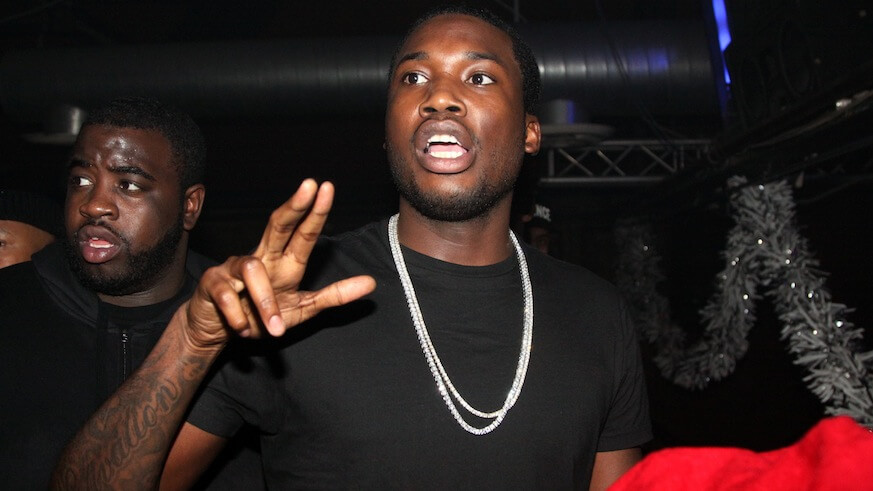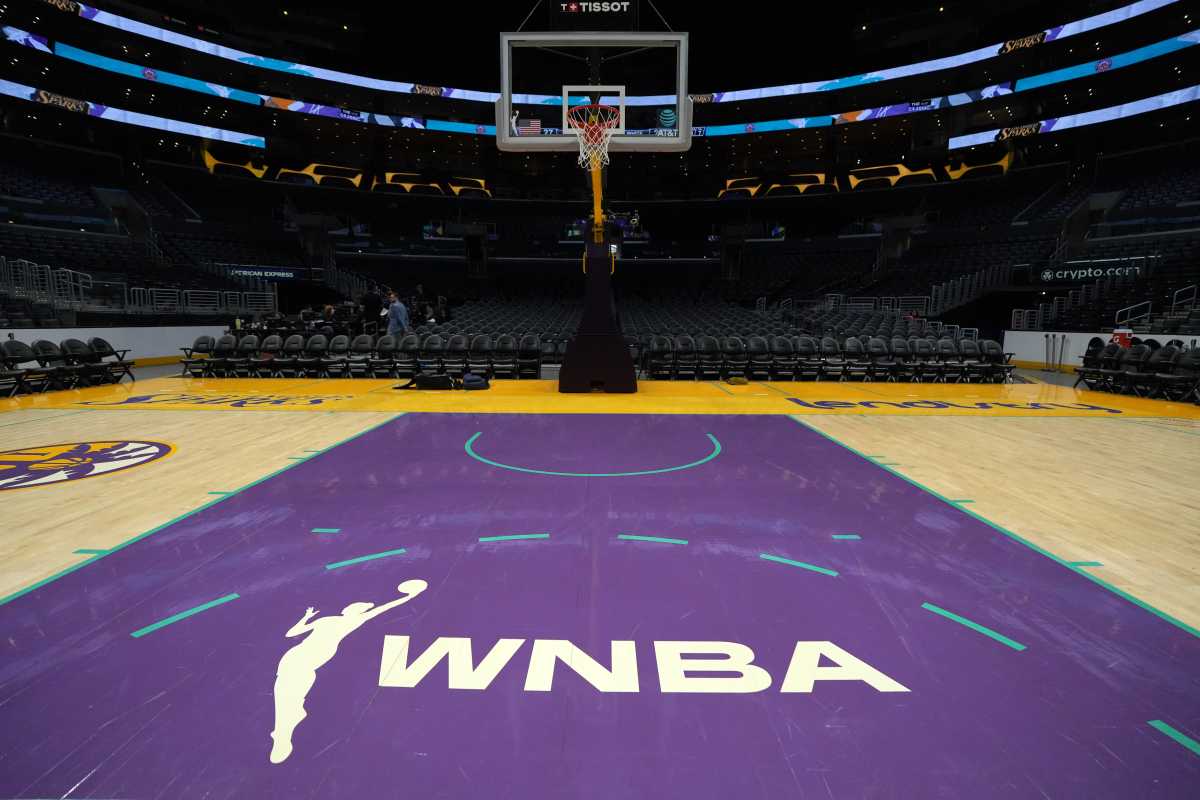Is the American prison system one of rehabilitation or one of condemnation? That’s a question that plagues black men trapped in the American judicial system every day.
Philadelphia rapper Meek Mill, 30, born Robert Williams in North Philly, is one black man dealing with the complexities of a justice system that many believe is more arbitrary than fair.
Recently sentenced to two to four years in state prison by Common Pleas Court Judge Genece E. Brinkley for violating his probation, Mill is at a crossroads in both his professional and personal lives.
Meek Mill’s legal situation is polarizing: some critics believe his thread of probation violations and run-ins with the law make his sentence a fair one, while supporters believe Mill is another victim of an unjust system and according to one of his lawyers, an overzealous judge.
Mill has received support from celebrities like rapper and entrepreneur Jay-Z and comedy superstar Kevin Hart. Perhaps most notably, an online petition, #JusticeForMeek, calling on the state parole board to pardon the rapper, has received hundreds of thousands of signatures.
Like Meek Mill, City Councilwoman Cindy Bass is a North Philadelphia native and proudly represents her part of the city.
Bass is aware of the possible implications that Mill’s sentence can have for the future of other people dealing with Philadelphia’s judicial system.
“I respect the authority of our judges,” Bass says. “I do think it’s interesting that the defendant’s attorneys may file an appeal on this matter and I’m curious to see how that plays out. I think it’s unfortunate all the way around, but I am very interested in the legal aspects of the case, what that will mean for the defendant now, and any future impacts that may have on the judicial system here in Philadelphia.”
As a community leader from another part of Philly, South Philadelphia native Simon “One Punch” Carr can identify with Meek Mill in a way most people cannot.
A former boxer, Carr also served prison time before changing his life upon getting out and becoming a mentor to young people in the process.
“When you are dealing with children and you are considered a role model and children look to you, judges feel like you are in a position to lead the youth so they will try to make an example out of that,” Carr said.
While odds may be stacked against him, Carr doesn’t believe this is the end for Meek Mill.
“Meek is showing through his flaws that he is human, even though you can’t keep making the same mistakes,” he said. “I do feel how he handles this situation will ultimately dictate how he’s viewed in the future amongst the people. It will be either be in terms of redemption or just saying he got shot after shot, time after time, and he blew it.”
A Brief Timeline of Meek Mill’s Legal Troubles
2008 – Meek Mill arrested for possession of a gun at a neighborhood corner store, and charged with assaulting police. In a 2015 Billboard interview, he claimed he was severely beaten by Philadelphia police officers during the arrest and the assault charges were made up to justify the injuries he sustained. Released in 2009, Mill gets probation for five years.
2011 – After signing with rapper Rick Ross’ Maybach Music Group imprint, Meek Mill had success with his single “I’m A Boss” and his debut album Dreams and Nightmares reached the #2 spot on Billboard charts.
2014 – Tweets criticizing the prosecutor and probation officer handling his case land Mill back before Judge Genece E. Brinkley. He is locked up for another five months, in part due to traveling out of town to perform without permission and missing phone calls from his probation officer.
2017 – Mill is charged with violating his parole again for three incidents, being arrested for driving his dirt bike recklessly in New York and broadcasting it on Instagram, testing positive for Percocet, and a scuffle with over-aggressive fans in the St. Louis Airport. Fed up with Mill, Judge Brinkley sentences him to two to four years in state prison.





























